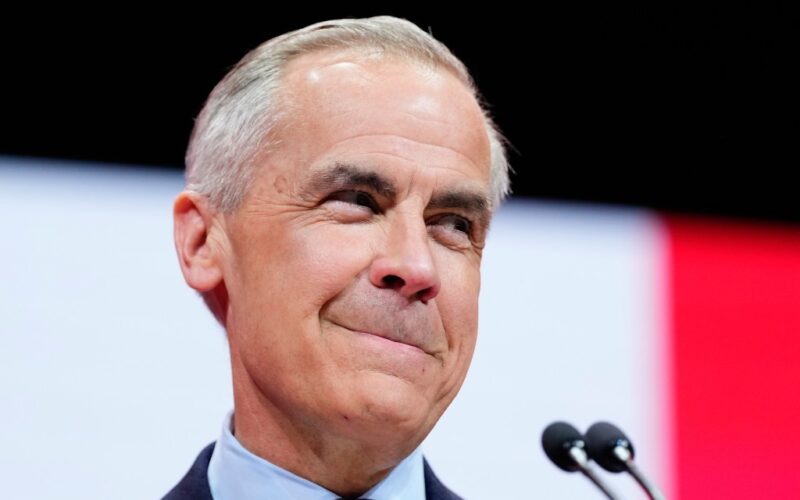Credit Donald Trump with the stunning back-from-the-dead victory of the Canadian Liberal Party. Or put another way, Trump just lost a big election, with (North) Americans rejecting him after just 100 days in office.
Only months ago, it appeared that Prime Minister Justin Trudeau’s party was on the verge of a knockout by a resurgent conservative movement after a decade at the helm.
But Monday, Trudeau’s stand-in, the uncharismatic central banker Mark Carney, led the party to a surprise victory, reversing heavy polling disadvantages to remain as Canada’s leader with one simple message: we will resist a newly hostile neighbor to the south. “Who’s ready to stand up for Canada with me?” Carney declared at his raucous victory rally. His opponent, Pierre Poilievre, who weeks ago was seen as a lock, even lost his own parliamentary seat, in part thanks to comparisons between him and Trump.
It’s not unusual for the U.S. to loom large in the elections of our northern neighbor, or for that matter in many countries around the world, where our political, cultural, social and economic influence remains heavy. Other nations typically know much more about our domestic political goings-on than we do about theirs, in the same way that it’s probably wise to keep tabs on giant Amazon if you’re an independent bookseller.
This is different. Never before has an election of a close ally revolved so heavily around out and out opposition to the U.S. president. This is not joshing among siblings. Many Canadians see the threats of annexation that Trump has consistently and repeatedly levied as existential, and why shouldn’t they?
Canada wants to stay Canada, not to become Trump’s dreamed of 51st state. Trump has, in effect, spent months threatening economic war or even worse against what has long been our best friend and closest ally. In exchange, tourism and cooperation from our northern neighbor has collapsed, while the Carney government has been instituting retaliation tariffs.
As we have tried to point out repeatedly in these harrowing first 100 days of the Trump administration, this is not something that can be fixed easily or perhaps at all. Trust is a finicky thing, and tends to be hard to recover once you’ve made dire threats against an entire people. Contrary to Trump’s sophomoric view of the world, America absolutely cannot go it alone; our industrial sectors are thoroughly enmeshed, as is our security cooperation.
Shifting Canada from friend to foe neatly threatens multiple of the Trump administration’s stated long-term objectives, from strengthening our national security to fomenting the development of American business.
Perhaps this realization, and having run out the clock to try to get a friendly government in Ottawa, the Trump team will attempt to change course. If they do, we fear that they will find a set of Canadian counterparts who have staked their reputation precisely on opposing the Trump administration, and who will have seen no reason to really believe that Trump will change or that there even is an underlying strategy at all. Certainly nothing that’s happened with the tariffs debacle has shown that there’s careful thought or consideration behind any move day-to-day.
At least the Canadians still care in some sense. We imagine that a lot of other countries will be writing the U.S. off entirely.








